Should Indonesia join BRICS?
Much has been said about BRICS potentially expanding its membership to countries such as Argentina, the United Arab Emirates, Algeria, Egypt, Bahrain and Indonesia. Indonesian academic Siwage Negara explains the draw of joining BRICS from Indonesia's perspective.
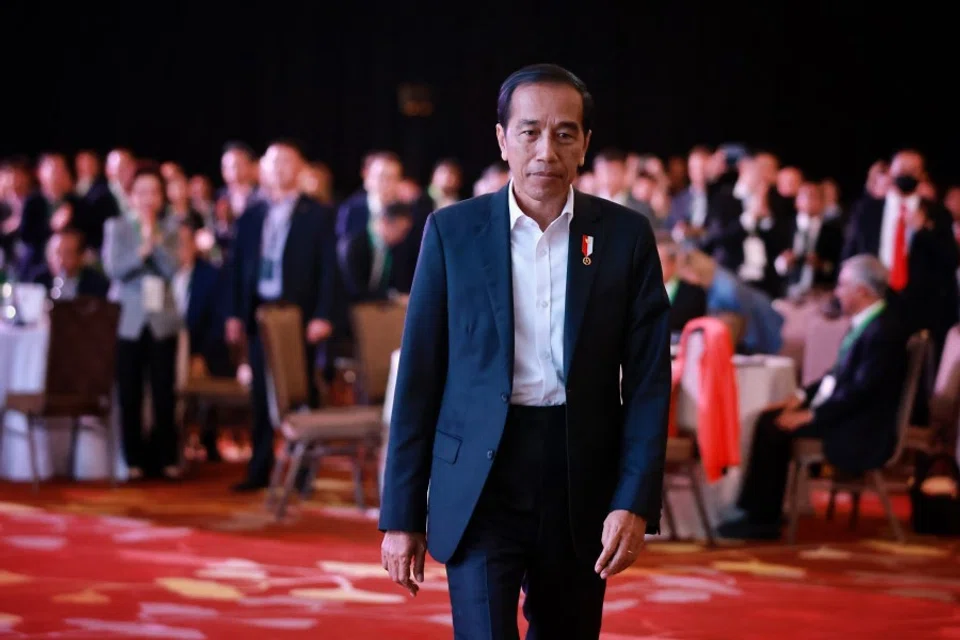
BRICS, the grouping comprising Brazil, Russia, India, China and South Africa, seems to be gaining new momentum recently. The group seeks to expand its members in an increasingly polarised world. Its value proposition is to offer an alternative to traditional international financial institutions led by G7 countries such as the International Monetary Fund and the World Bank.
Since the start of the Ukraine war in February 2022, Beijing has driven an agenda, with support from Moscow, to reinvigorate BRICS by expanding the group's membership. BRICS expansion was a topic of discussion at the BRICS foreign ministers' meeting in Cape Town on 1-2 June. Ma Zhaoxu, China's vice-minister of foreign affairs, for instance, indicated that China was looking forward to welcoming new members, while India's Minister of External Affairs S. Jaishankar reiterated the importance of reforming global decision-making authorities, asserting that "old ways cannot address new challenges" while stating that BRICS expansion was still a "work in progress".
Benefits of expansion
The expansion of BRICS could bring about several economic and geopolitical impacts.
First, it could increase economic growth and integration among member countries. By bringing in new economies, the group could expand its market size, diversify its industries, and foster trade and investment flows. Furthermore, it could contribute to stability in its member regions by deepening economic cooperation among its members.
This could increase its influence in shaping international norms, policies and institutions, providing an alternative voice in global governance.
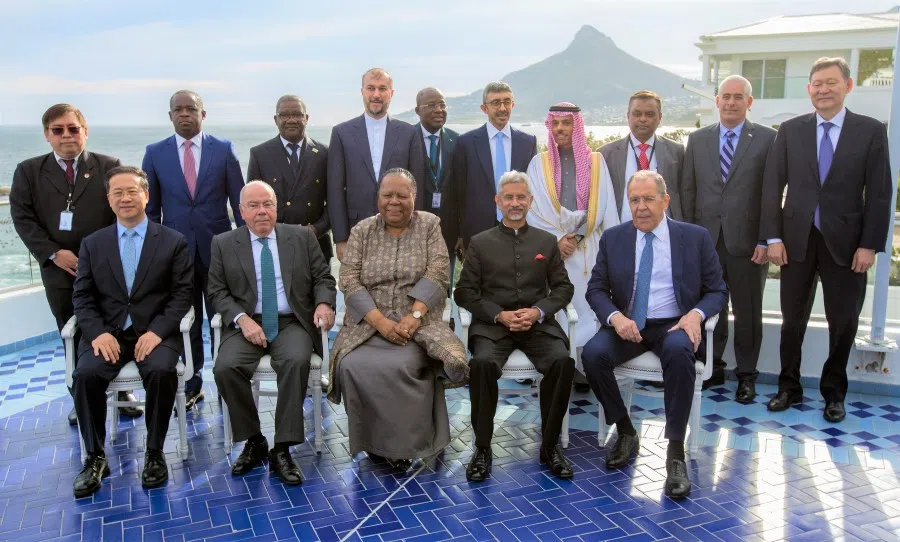
Second, the expansion of BRICS could enhance the geopolitical influence of the group and its member countries. The five-member nations already contribute to 33% of the world's GDP and cover 40% of the world's population. By bringing in additional nations, BRICS would capture a larger combined geographical area, population and resources. This could increase its influence in shaping international norms, policies and institutions, providing an alternative voice in global governance.
Third, the expanded BRICS could take on large-scale development challenges its members face. This could include joint investments in areas such as transportation networks, energy security and technology. Such projects would not only promote economic development within member countries but also contribute to regional connectivity and integration.
For the global south, BRICS offers an attractive proposition for emerging economies seeking a more equitable and representative global governance system. With more economies joining BRICS, it could balance the dominance of the G7 bloc and foster a more multipolar world order.
...expanding the group's membership may benefit Beijing and Russia most...
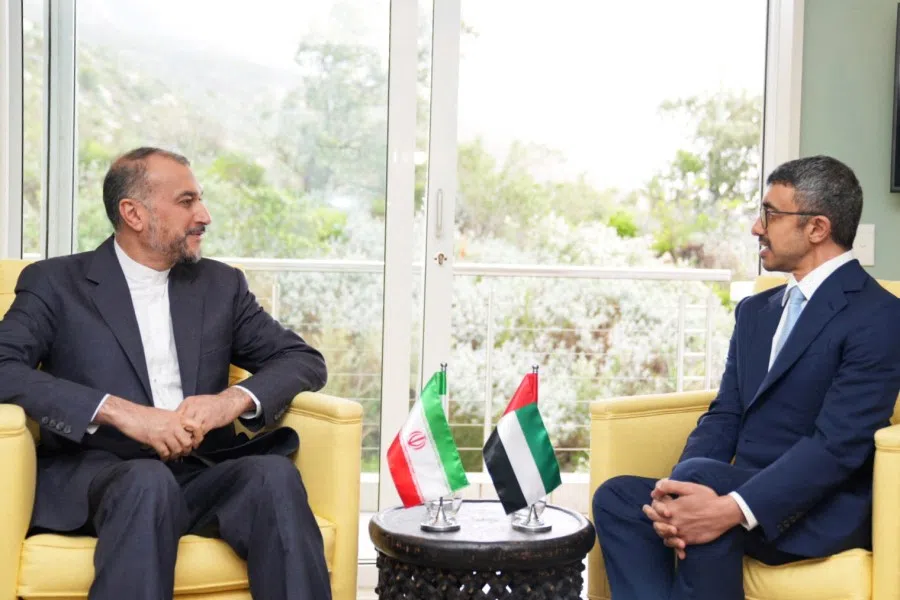
BRICS is seen, therefore, as a platform for developing countries to participate in global decision-making processes and shaping global policies. Several countries have expressed interest in joining the group, including Argentina, the United Arab Emirates, Algeria, Egypt, Bahrain and Indonesia.
Ultimately, expanding the group's membership may benefit Beijing and Russia most, as both countries try to build diplomatic ties with developing countries to counter the dominance of G7 nations in setting the international order.
Indonesia's stake in the game
For Indonesia, joining BRICS may offer some potential benefits. First, it would provide an opportunity to deepen economic cooperation with the existing members. Indonesia could benefit from increased trade and investment flows, as well as access to new markets and resources. BRICS members are critical players in the existing global supply chain; therefore, closer economic ties with the group could boost trade and economic growth for Indonesia.
Indonesia sees BRICS as a good platform to engage in dialogue and coordination on global and regional issues.
Second, BRICS members have sizeable investment resources, which align with Indonesia's interest in attracting more foreign direct investment. Joining the group could open access to the New Development Bank established by the BRICS, which could help Indonesia finance infrastructure projects, promote industrial development and support energy transition goals. Furthermore, Indonesia could tap into the expertise and technological advancements of BRICS members, which could help develop its capabilities in various sectors.
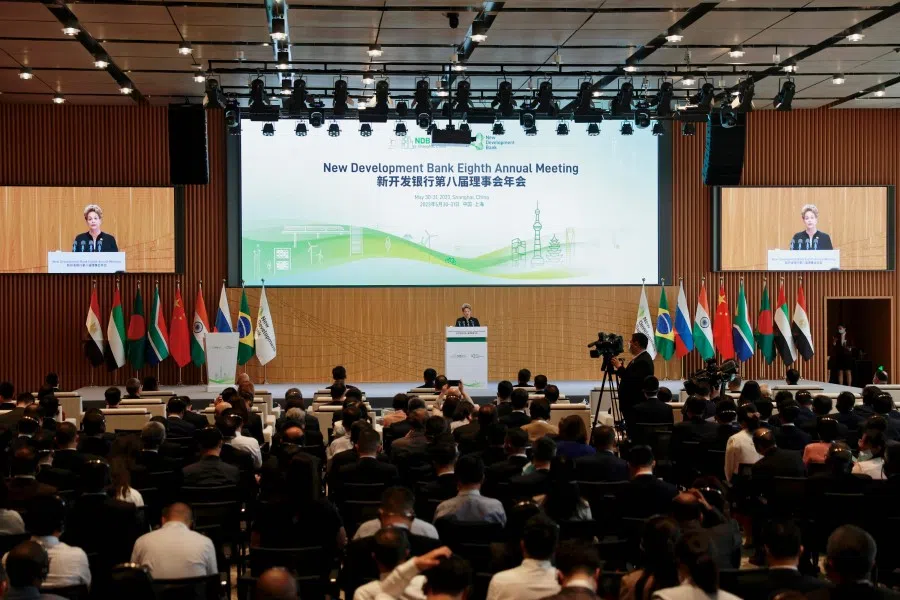
Third, Indonesia sees BRICS as a good platform to engage in dialogue and coordination on global and regional issues. Joining BRICS would provide opportunities to shape policies related to global economic order in international trade, finance, climate and other matters of mutual interest, which is important to advance its national interests.
Finally, from a foreign policy perspective, joining BRICS would expand Indonesia's diplomatic network and provide opportunities for deeper engagement with member countries. As the country continues to adhere to its "free and active" foreign policy, seeking to play a role in regional and global affairs and avoiding involvement in conflicts among major powers, joining BRICS will also balance its current engagement with the US-led initiative, the Indo-Pacific Economic Framework.
Besides the above benefits, it is important to note that joining BRICS would also require Indonesia to fulfil certain obligations and commitments as a member. These may include aligning policies with the group's objectives and contributing to the overall agenda of BRICS. One potential issue of contention is related to its downstream industrialisation policy by restricting exports of critical minerals. This policy may not be aligned with other BRICS members' interests.
A new and improved BRICS
For BRICS, including Indonesia as a new member may offer potential benefits too. Indonesia is a significant emerging economy in Southeast Asia, with a large population and abundant natural resources. It is also a member of G20 like all the existing BRICS members. Its inclusion in BRICS could strengthen the group's presence in the Asia-Pacific region and provide access to the dynamic ASEAN market.
... in the energy sector, Indonesia's interests may converge with that of the BRICS members.
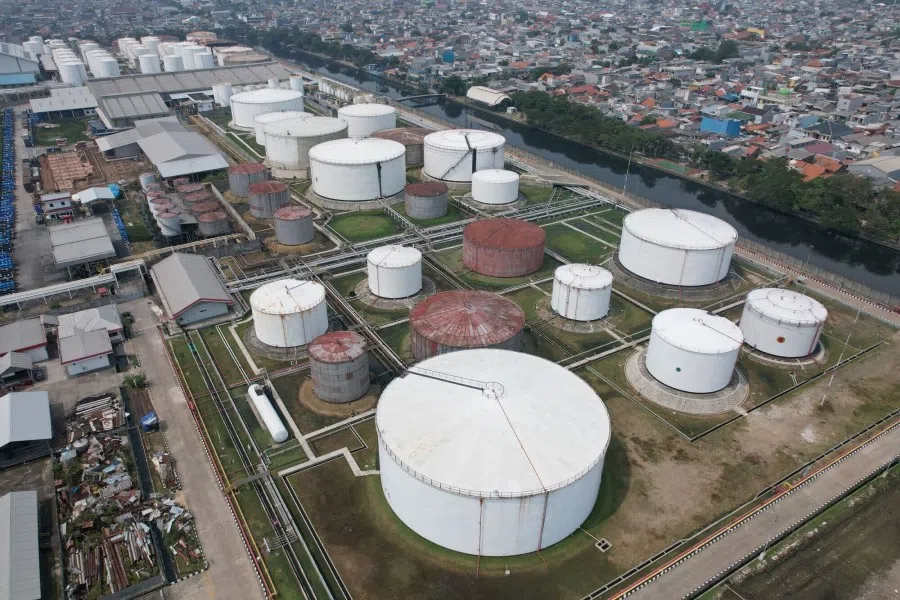
Specifically, in the energy sector, Indonesia's interests may converge with that of the BRICS members. As stated in the Joint Statement of the BRICS Ministers of Foreign Affairs and International Relations, energy security is critical for economic development, social stability and national security. There is a need to ensure stable energy demand and universal access to affordable, reliable, sustainable and modern energy sources.
Several developing countries including Indonesia, China and India rely on coal to provide an affordable and sustainable supply of energy sources for their population. As the coal market and financing from developed countries diminish, the expanded BRICS is expected to fill this gap.
BRICS certainly does not want to lose its unique identity and focus, by including as many members to the basket.
So, will BRICS create a "new world order"? Only time can tell. The impact of BRICS expansion on global economic and political dynamics would depend on complex factors, including competing or unifying interests and changes in geopolitical landscapes.
To gain support from the global south, it needs the ability to address diverse interests and concerns within that group. BRICS certainly does not want to lose its unique identity and focus, by including as many members to the basket. So it should consider the benefits and implications of including which countries as members carefully.





